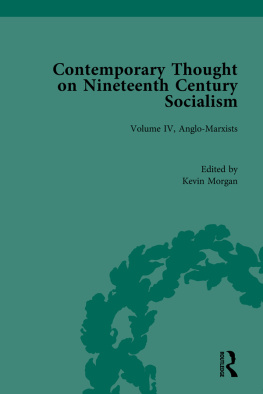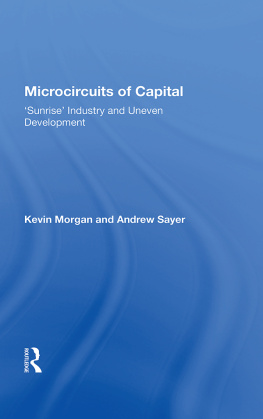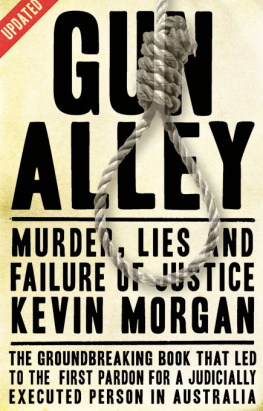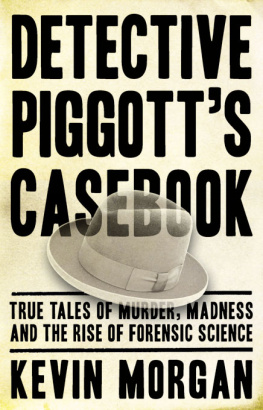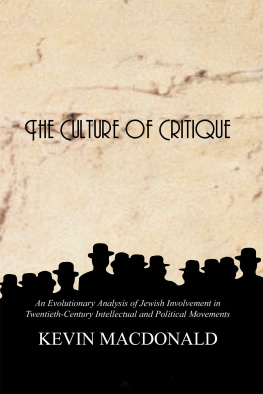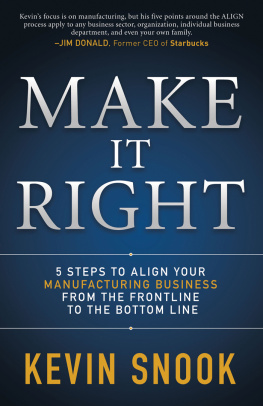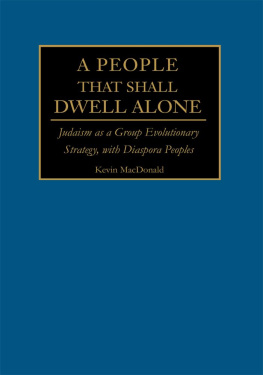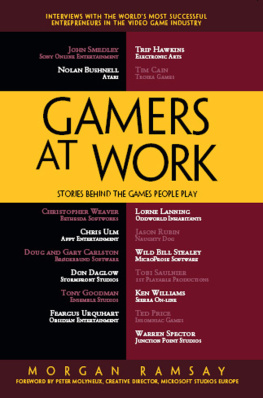The 20 British Prime Ministers of
the 20th century
My parents Maureen Elizabeth Morgan and Donald Edward
Morgan are children of the MacDonald years. This book is
dedicated to them.
MacDonald
KEVIN MORGAN
HAUS PUBLISHING LONDON
First published in Great Britain in 2006 by
Haus Publishing Limited
26 Cadogan Court
Draycott Avenue
London SW3 3BX
www.hauspublishing.co.uk
Copyright Kevin Morgan, 2006
The moral right of the author has been asserted
A CIP catalogue record for this book is available from the British Library
ISBN 1-904950-61-2
Designed by BrillDesign
Typeset in Garamond 3 by MacGuru Ltd
Printed and bound by Graphicom, Vicenza Front cover: John Holder
CONDITIONS OF SALE
All rights reserved. No part of this publication may be reproduced, stored in a retrieval system, or transmitted in any form or by any means, electronic, mechanical, photocopying, recording or otherwise, without the prior permission of the publisher
This book is sold subject to the condition that it shall not, by way of trade or otherwise, be lent, re-sold, hired out or otherwise circulated without the publishers prior consent in any form of binding or cover other than that in which it is published and without a similar condition including this condition being imposed on the subsequent purchaser
Introduction: A Hybrid Ancestry
Keir Hardie, Arthur Henderson and Ramsay MacDonald, perhaps the three principal architects of the Labour Party, had one thing apart from politics in common: all three of them were illegitimate. Though this was not as remarkable as some Victorian stereotypes suggest, it might have seemed almost a symbol of Labours outsider status had only the information been publicly known. What the three had in common, however, they may not even have known themselves. For both Hardie and Henderson, the details of their births awaited the attentions of biographers long after their deaths, and the possible stigma of bastardy had no obvious effect on their public careers. MacDonalds case was very different. Although he alone of the three achieved the countrys highest office, in 1924, his illegitimacy had by this time been exposed by the yellow press in the fever of the First World War. It was an experience foreshadowing the excesses of our own times. No wonder the Moray Golf Club, of which he is a member, requests him to resign, commented the poisonous sheet John Bull, which broke the story. What says the country, which is paying this man 400 a year to vilify and discredit it?
400 was the salary paid MacDonald as one of the elected members for Leicester and Labours most distinguished parliamentarian. The Moray Golf Club was a key social institution in MacDonalds home town of Lossiemouth on the Moray Firth. The vilification of which he was accused was to have expressed misgivings about the war of the most studied moderation. Among supporters, the attack provoked a wave of sympathy and anger which only reinforced MacDonalds reputation for integrity in the face of adversity. Nevertheless, the country, in the shape of his Leicester constituents, delivered a devastating verdict in the post-war Khaki election two years later. Defeated by a margin of more than three to one, MacDonalds rejection was emphatic even in the context of the general rout that occurred of internationalists and peace campaigners.
The impact that this had upon him can only be surmised. His daughter Ishbel, possibly the closest of his children to him, described his illegitimacy as the central influence on his life. A tendency to self-dramatisation was one of his most marked characteristics. But then his illegitimacy perhaps was one of its causes.
MacDonald, more than most of us, was a creature of paradox. A plausible assessment is that he is the most difficult of all 20th-century prime ministers to make sense of.them; and a remorseless careerist who, in the 191418 war, appeared to wreck his every prospect for a point of principle. Above all, he was a figurehead for the new mass democracy who never really trusted it, and both within and against it upheld the necessity of reform as the precondition of stability. Elton, who was an admirer, attributed his dualism to the mixing of Highland and Lowland blood. His fellow socialist Beatrice Webb, who was not, saw only the calculated insincerity of a poseur.
I shall be a more solitary figure than ever a mule, in short, with a hybrid ancestry and no possible posterity.
MACDONALD
In truth, MacDonald was not a born aristocrat, as Webb suggested, but an outsider whose greatest ambition and insecurity was his craving for acceptance and recognition. Perhaps the MacDonald who became notorious for consorting with duchesses was quietly avenging himself on schoolboy insults or on the committee of the Moray Golf Club. Returning to Lossiemouth, as he so often did, may have reminded him not just of where he had come from, but of how far he had gone. Did it also sometimes remind him of things that were lost in getting there? Cynics said that his ambition was to stand at the top of the great staircase of Londonderry House, where the grandest receptions of the Tory establishment took place. When he achieved this ambition, as head of a basically Conservative government, he allowed himself the bitter reflection: I shall be a more solitary figure than ever a mule, in short, with a hybrid ancestry and no possible posterity . The metaphor is perfect. We need to begin the journey with his hybrid ancestry.
Chapter 1: The Making of a Socialist: 186696
MacDonalds mother, Anne Ramsay, was not quite the Scotch servant girl that John Bull alleged. Nor was the Scottish peasant parents of Labour accounts entirely accurate either. Brought up as an only child in a tiny but and ben a two-roomed Scottish cottage MacDonald went without many things. He did not, however, want attention, nor a sense of his own calling to a higher station.
Nor, for one of such humble circumstances, did he entirely lack an education. A beneficiary of the greater The formal schooling was more than adequate. More important still were the readings to which the dominie introduced his gifted pupil, including such staples for awakening late Victorian minds as Carlyle and Ruskin. Briefly MacDonald is said to have begun work as a farm labourer. Whether derived from that experience, or from the dominies editions of Henry David Thoreau, a sense of the rugged independence of such work was to have an important influence on MacDonalds wider social philosophy. Nevertheless, with his passionate appetite for learning it was inevitable that he should take up the opportunity of continuing at Drainie as a pupil teacher when it was offered him. Already while still in his teens, his intellectual interests began to flourish. In 1883 he set up a Lossiemouth Field Club and produced a cyclostyled magazine for it. He also took part in the debates of the local Mutual Improvement Society. The literary and oratorical skills on which he was to make his national reputation were first honed and tested in this Scottish fishing village.
The whole of my part of Scotland was Radical, and we seemed to have been born with the democratic spirit strongly developed in us.
MACDONALD
For any young man with ambitions, however, Lossiemouth was not big enough to contain them. Scouring the situations vacant column in the Scotsman, in 1885, at the age of 19, MacDonald was taken on as assistant to a Bristol clergyman who was setting up a boys and young mens guild. Though he remained in Bristol barely six months, he had no intention now of returning permanently to Lossiemouth and early the following year made what turned out to be the permanent move to London. Lossiemouth would remain a crucial point of reference for MacDonald and even as Prime Minister he would several times a year retreat to the home he had built there for his mother. Paradoxically, however, that depended on his having made good in the capital. For the time being, some 550 miles from home, the wrench must have seemed complete.



